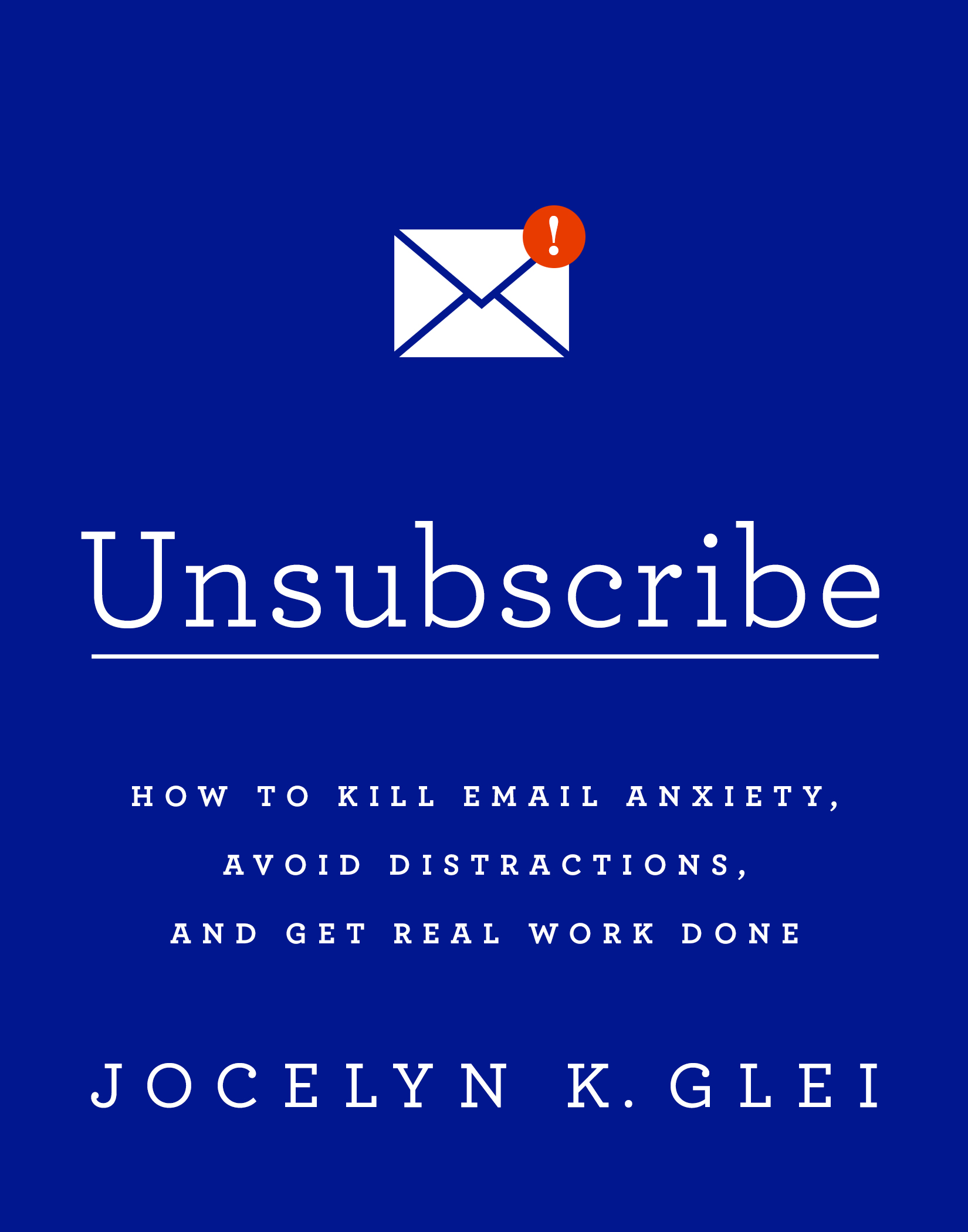
In today’s digital world, we’re often expected to be on email at all times. Recent studies show that office workers spend almost a third of their total workday reading and responding to messages. This constant connectivity can be harmful: scientists have established a clear link between spending time on email and feeling stress.
It seems irrational. Why do we spend so much time doing something that has such a negative impact on our well-being? The fact of the matter is that even though we may not care for the content of every email we receive, many of us are addicted to the act of checking email. It activates a primal impulse in our brains to seek out what behavioral psychologists call “random rewards.”
Imagine that your email is like a slot machine. Most of the time when you “pull the lever” to check your email messages, you get something disappointing or bothersome—a communication from a frustrated client or a boss with an urgent request. But every once in awhile you pull the lever and you get something exciting—an email from a long-lost friend, a flattering request to speak at a conference, or (if you’re really lucky) a video of goats jumping on things. And it’s those random rewards, mixed in with all the mind-numbing updates and irksome requests that we find so addictive. They make us want to check our email again and again and again, even when we have better things to do.
But striving for inbox zero is, of course, a Sisyphean effort at best. Just when you think the task is complete—ping!—a new message rolls in. And then another. And another. The work will never be done, and yet email still inspires this strange sense of obligation. The more unread messages we have in our inboxes, the more anxious we feel. The more time that passes before we can reply to a message, the more we apologize. How many times have you started an email with, “I’m sorry I couldn’t get back to you sooner but…”? Somewhere deep down we truly feel that we owe everyone a response.
For family, friends and coworkers this seems natural. We have long-standing relationships with them, so feeling an obligation to reply to their messages makes sense. But what about complete strangers? Why do we feel guilty if we can’t respond to someone we don’t even know?
Numerous experiments have shown that humans tend to adhere to the rule of reciprocity in social interactions. At its most basic level, this means that we want to respond to a positive action with another positive action. If someone does a favor for us, we want to return the favor, even if—and this is the crucial distinction—that “favor” wasn’t something we necessarily wanted.
The mere fact that someone took the time to write you an email activates a deep-seated social behavior, the desire to reciprocate like with like. In most social situations, of course, this is good—it leads to the type of cooperative human behavior that has served us well as a species.
But in the context of email, it can create unrealistic expectations for how much we can take on. This is because there’s a fundamental imbalance in how much email you can receive (an infinite amount) and how much you can actually respond to (a limited amount). We feel a strong desire to reciprocate when someone sends us a message, yet we rarely have the bandwidth to respond to every single message. And it is this tension—between what we feel we should do and what we know we can do—that breeds email anxiety.
That’s why it’s time to let go of inbox zero. To admit that it’s an addictive game rather than a meaningful goal. To release ourselves from the anxiety of trying to respond to everything in a world where the amount of updates, inquiries, and requests we receive in a single day could easily consume our time and attention for a week. In a digital world, reciprocity is a losing game.
Productivity is no longer about keeping up, or keeping busy, or having it all. It’s about being deliberate and being focused. It’s about spending more time deciding and less time doing. It’s about getting really clear on what matters to you and letting the rest go.
Your unread message count is not an audit of your productivity. (Zero, quite literally, means nothing.) With email—as with everything else in life—you must say “no” to some opportunities, in order to say “yes” to your priorities.
More Must-Reads from TIME
- Donald Trump Is TIME's 2024 Person of the Year
- Why We Chose Trump as Person of the Year
- Is Intermittent Fasting Good or Bad for You?
- The 100 Must-Read Books of 2024
- The 20 Best Christmas TV Episodes
- Column: If Optimism Feels Ridiculous Now, Try Hope
- The Future of Climate Action Is Trade Policy
- Merle Bombardieri Is Helping People Make the Baby Decision
Contact us at letters@time.com